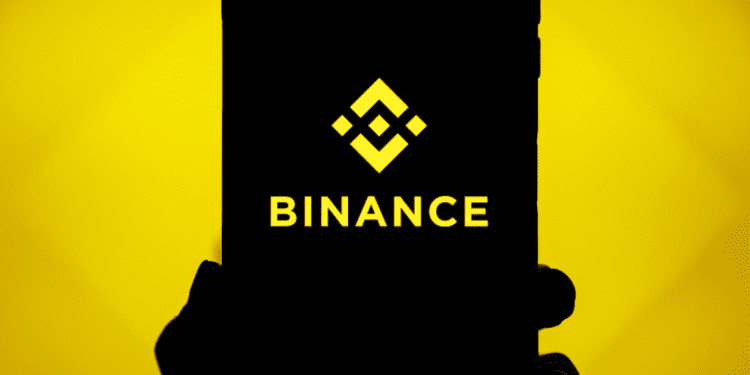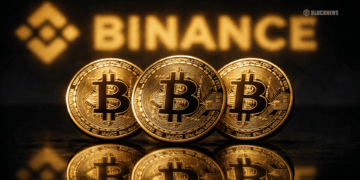- Binance makes the strategic decision to discontinue Binance Connect, previously known as Bifinity.
- The service’s discontinuation is to reallocate resources in line with the company’s primary vision and goals.
- Binance Connect faced challenges, including the UK’s FCA concerns and regulatory issues in various countries.
Binance has revealed its plan to halt its Binance Connect operations, initially branded as Bifinity. The company made this choice just 12 months post its launch, attributing it to a keen focus on its foundational services and an eye on the horizon.
At its core, Binance operates with a philosophy to perpetually review its product suite, ensuring its energy is laser-focused on segments that resonate with its overarching goals. Over the past five years, the company’s trajectory has taken it from a simple cryptocurrency exchange to a diverse blockchain hub catering to multiple business needs. Their goal is straightforward: maintain flexibility and pivot their strategies based on the changing tides of customer demands and market shifts. A Binance spokesperson shared these insights in a conversation with CoinDesk.
Introduced on March 7, 2022, Binance Connect, formerly known as Bifinity, aimed to create a bridge for users, allowing them to effortlessly move between traditional financial infrastructures and the budding world of cryptocurrency. At its inception, Binance Connect supported a solid range of 50 cryptocurrencies and was compatible with trusted card networks, namely Visa and Mastercard. However, it didn’t have a smooth sailing start. On its very first day, the UK’s Financial Conduct Authority (FCA) raised eyebrows concerning Bifinity’s $36 million loan agreement with Eqonex, a cryptocurrency-focused investment entity that has its shares on Nasdaq.
The investment move by Bifinity made the FCA speculate about potential connections with specific key players within Binance Group. Since Binance Group doesn’t fall under UK regulations, there were concerns about it having undue influence over Eqonex. Binance Connect also held a pivotal role in managing currency transitions for Binance’s Trust wallet.
After its launch, Binance Connect saw a series of ups and downs. For instance, in the same launch month, its Australian branch had to put a pause on its traditional currency functionalities, pointing the finger at issues with an outside collaborator. By mid-year, Binance was in hot water when its application for a cryptocurrency custody license in Germany was turned down. However, in a positive turn, July brought a win as they secured a cryptocurrency broker-dealer license in Dubai. At present, Binance is navigating legal challenges in the U.S. over claims of operating without the necessary licenses.
Binance’s Rapid Rise Challenges US Crypto Dominance
Since its inception in 2017, Binance has rapidly ascended the ranks to become a leading name in the cryptocurrency exchange landscape. By 2021, Binance’s reach extended to an impressive trading volume of $7.7 trillion, dwarfing many of its contemporaries.
A slew of factors contributed to its meteoric rise. Among them, Binance’s diverse cryptocurrency offerings, particularly its signature Binance Coin (BNB), which now ranks as the fifth most valuable coin. Another feather in its cap is the acclaimed Binance Smart Chain, highlighting the platform’s commitment to secure and trustworthy transactions.
Furthermore, strategic business decisions have fueled its dominance. A notable move was Binance’s intended acquisition of FTX, a decision that bolstered its market share significantly, especially in the aftermath of FTX’s unfortunate collapse.
The US, home to formidable crypto exchanges, presents a challenging terrain for Binance. Despite its global success, it grapples with fierce competition stateside. Yet, the sheer volume of its trade, even outpacing giants like Coinbase, underscores Binance’s robust standing in the ever-evolving world of crypto trading.














